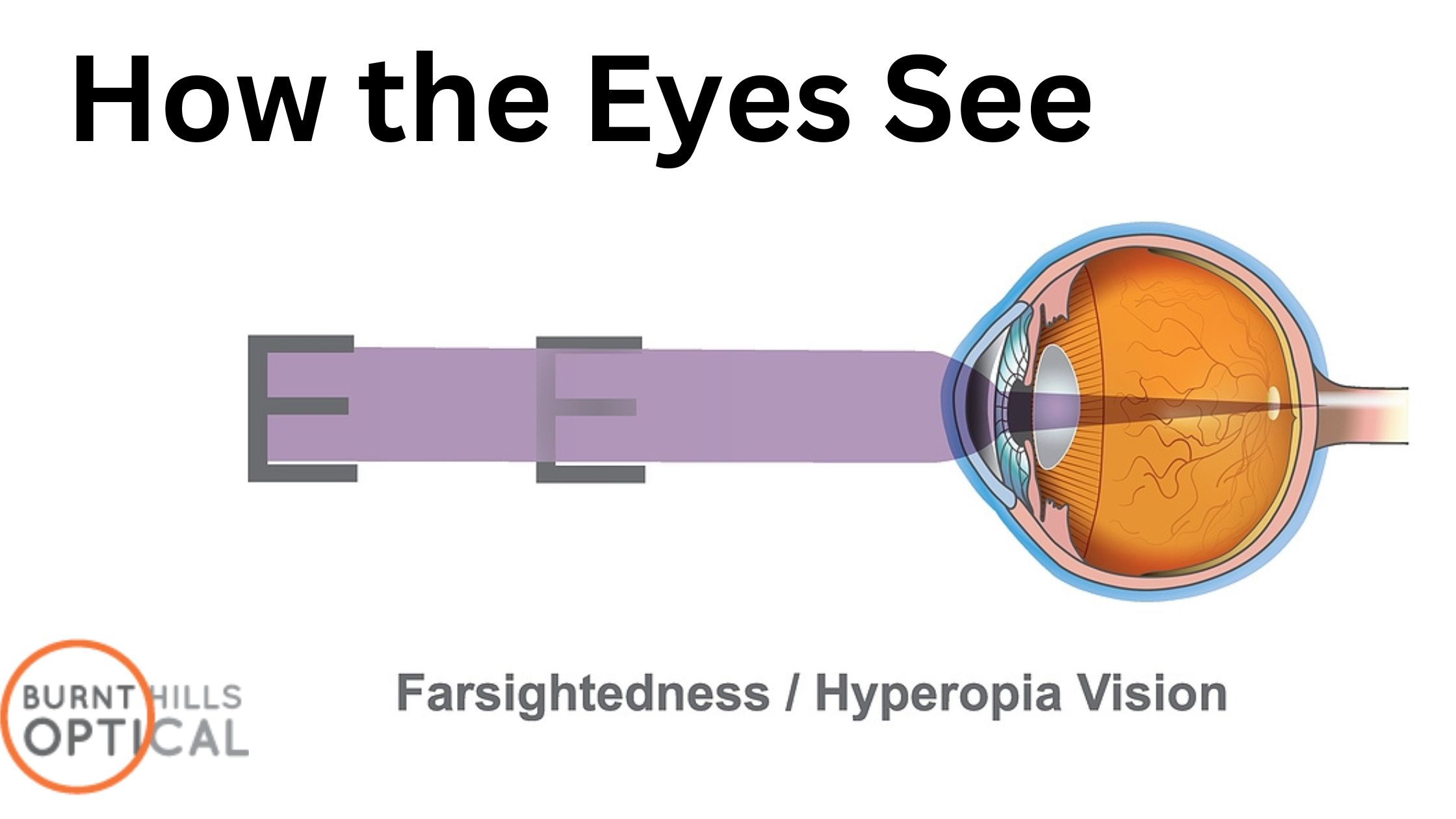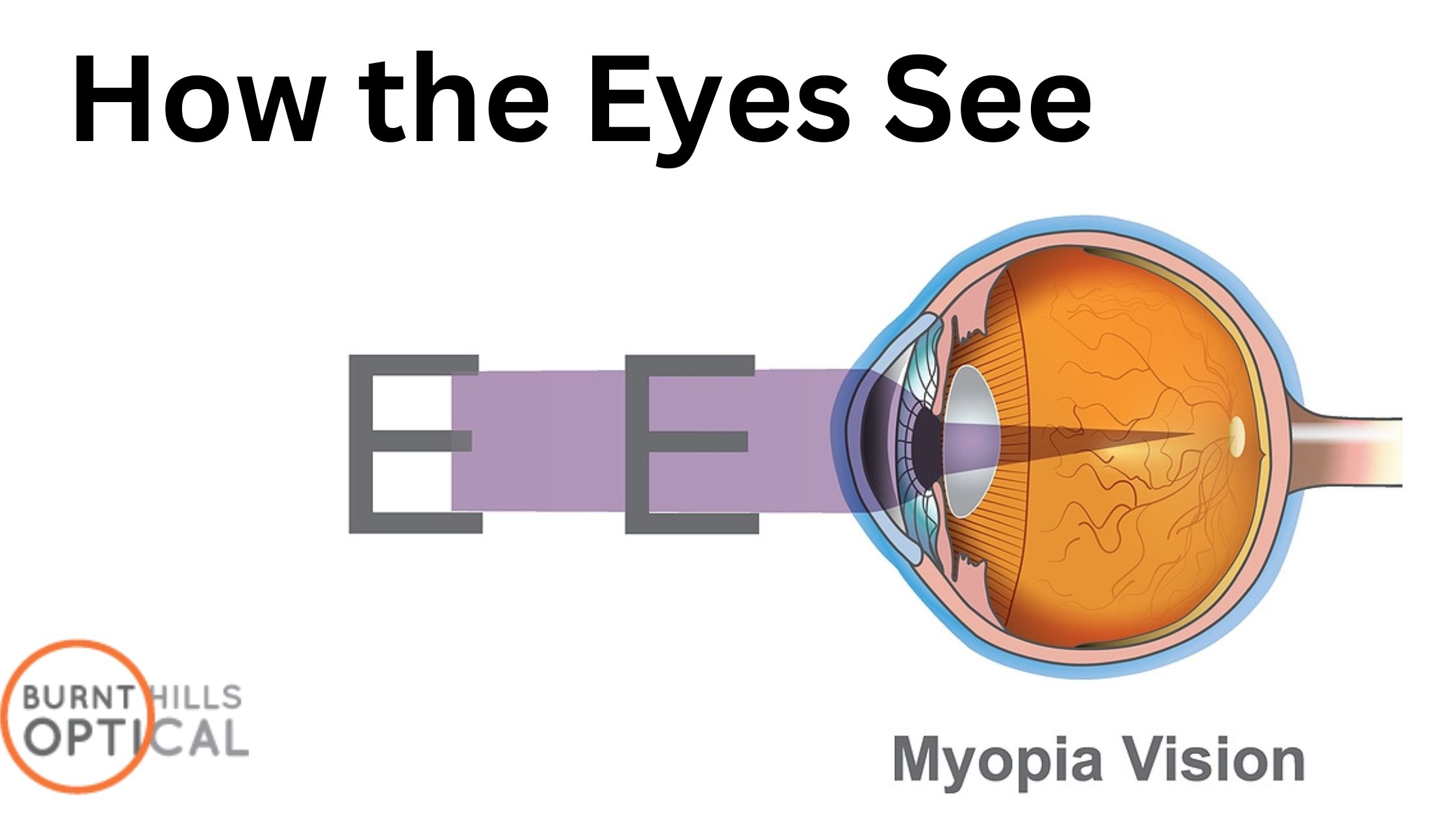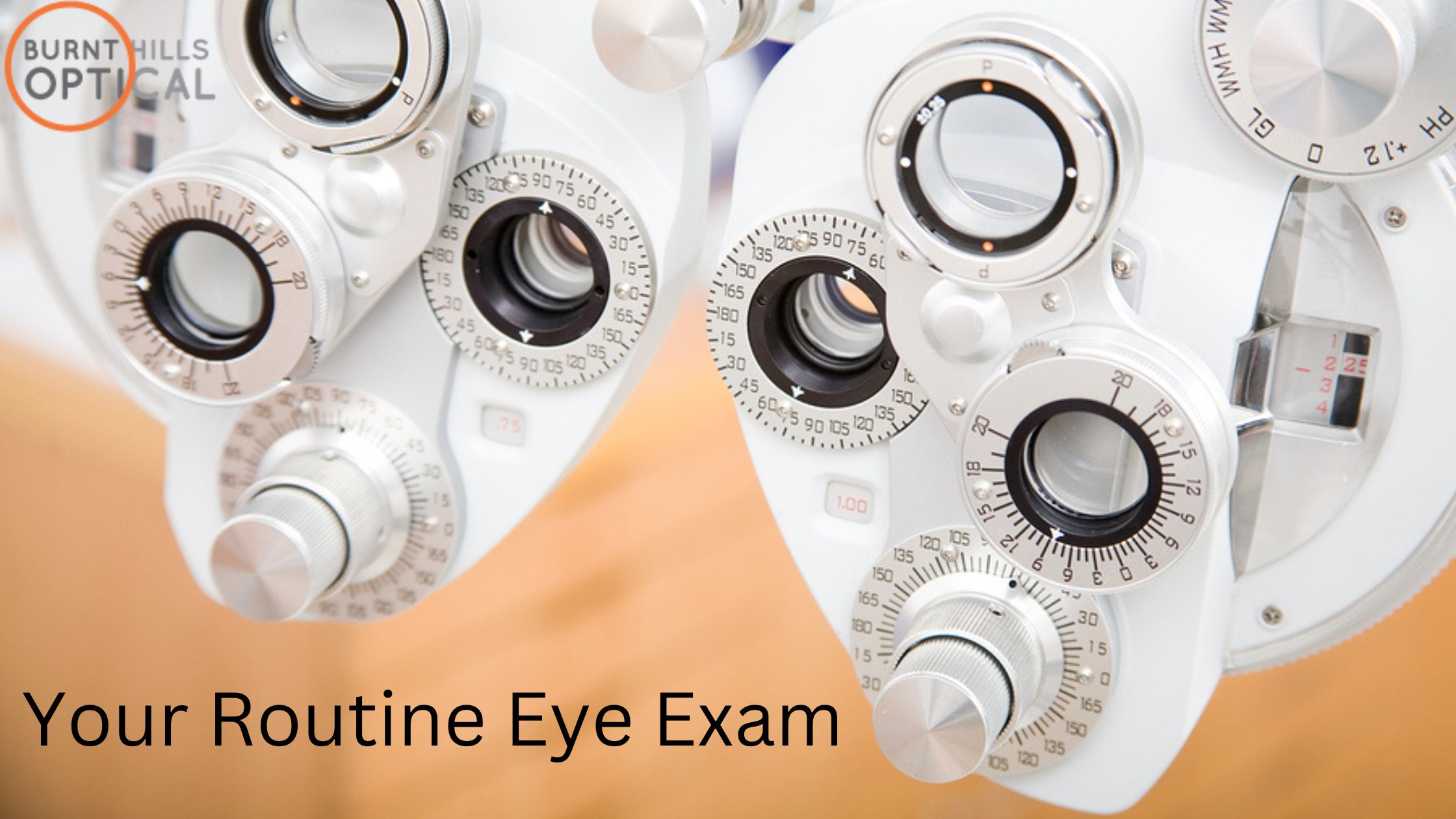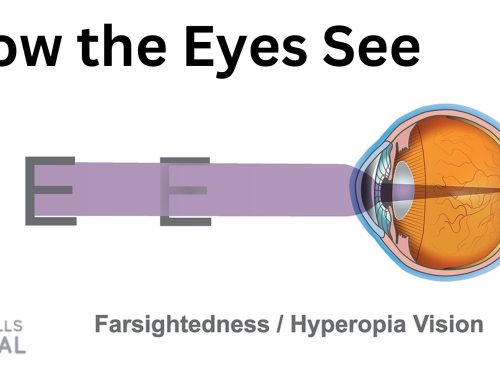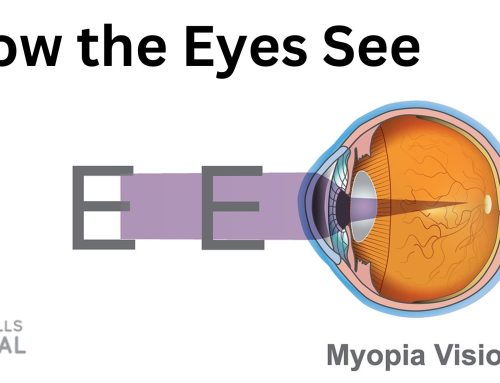If you are over 40 years of age, you’ve probably noticed changes in your vision. Beginning in the early to mid-forties, most adults may start to experience problems with their ability to see clearly at close distances, especially for reading and computer tasks. This normal aging change in the eye’s focusing ability, called presbyopia, will continue to progress over time.
Initially, you may find you need to hold reading materials farther away to see them clearly. Print in the newspaper or on a restaurant menu may appear blurred, especially under dim lighting. If you already wear prescription glasses or contact lenses to see clearly in the distance, the near vision changes caused by presbyopia can bring about the need to use bifocal or multifocal lenses. If you are nearsighted, you may have discovered that you now need to remove you glasses to see better up close. If you have enjoyed relatively good vision throughout your life and haven’t needed eyeglasses or contact lenses to correct distance vision, then the development of near vision problems after age 40 can be somewhat of a concern and a frustration. Losing the ability to read the newspaper or see the cell phone numbers may seem to have occurred abruptly. Actually, these changes have been occurring gradually since childhood. Up until now, your eyes have had adequate focusing power to allow you to see clearly for reading and close work.
Along with the onset of presbyopia, an increase in the incidence of eye health problems occurs during these years. Whether or not there is a need for eyeglasses, adults should be examined for signs of developing eye and vision problems. A comprehensive eye examination is recommended at least every two years. Don’t rely on an insufficient substitute like the limited driver’s license vision test or other vision screenings to determine if you have an eye or vision problem.
Presbyopia can’t be prevented or cured, but many options are available to help compensate for the loss of near focusing ability including eyeglasses, contact lenes and refractive surgery procedures. Most individuals should be able to obtain clear, comfortable near vision for all of their lifestyle needs.
If you have any questions about this article or any other eye care issues, you can always ask us on our Facebook page. We promise a prompt response and would be happy to help ensure the health and well-being of your vision


